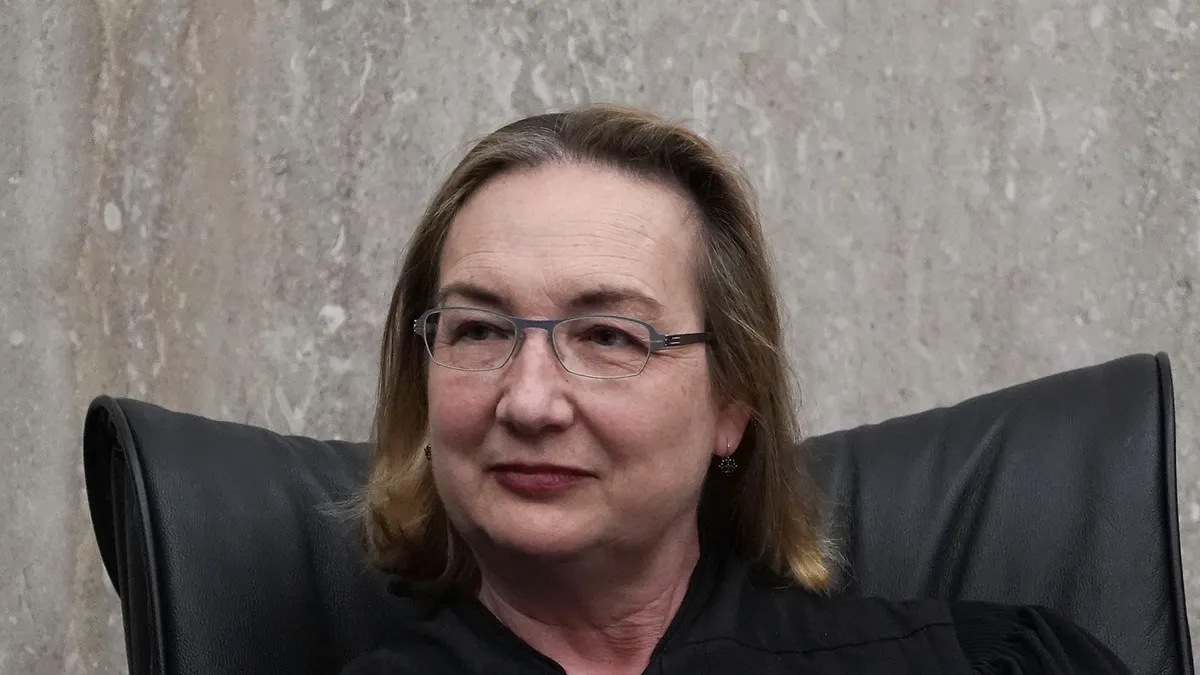Dive Brief:
- A federal judge in the District of Columbia last week dismissed a challenge from two medtech industry groups to a rule that allows companies that repair medical devices such as MRI machines, CT scanners and defibrillators to sidestep copyright protections intended to limit access to software embedded in the equipment.
- The final rule, adopted by the Library of Congress in 2021, exempts companies hired by hospitals to service equipment containing manufacturers’ copyrighted software from a 1998 law enacted to combat digital piracy risks.
- The trade groups had argued that establishing the exemption for device repairs was beyond the congressional librarian’s statutory authority and a violation of constitutional separation of powers.
Dive Insight:
When Congress passed the Digital Millennium Copyright Act in 1998 to address risks posed by the internet and new digital technology to copyrighted work, it gave the Library of Congress flexibility to make exceptions to some provisions of the legislation. Those provisions included a prohibition on circumventing technological tools used by copyright owners to prevent access to their material.
In 2021, the Library of Congress adopted a final rule that exempted third parties that access copyrighted software to diagnose, maintain or repair medical devices from the statute’s ban on circumventing copyrighted work.
The exemption was prompted by comments from independent service organizations that provide maintenance for complex computer-controlled medical equipment. In seeking the exemption, the companies said it was in the public interest to repair and maintain life-saving equipment, a priority magnified by the COVID-19 pandemic. They also said hospitals or other owners of medical devices would be unable to repair their own equipment without risking a lawsuit unless they purchased expensive service contracts from the manufacturer.
After the Library of Congress adopted the rule, the Medical Imaging & Technology Alliance and AdvaMed sued to challenge it, asking the court to declare use of the exemption for outside companies that repair medical devices unlawful. The groups argued that computer code embedded in the equipment is original copyrighted work created by the manufacturers, which rely on the law to safeguard their investments and protect sensitive patient information.
The trade groups asserted that the exemption would decrease the value of medical devices and their copyrighted software by making circumvention of technological protection measures more likely. Circumvention of protection measures could damage the devices themselves and introduce dangers such as electrical shock, mechanical failure, improper dosing and burns, they said. They also argued that the exemption would exacerbate cybersecurity risks and put patient data and intellectual property at risk of exposure.
Chief Judge Beryl Howell of the U.S. District Court in D.C., however, concluded in her opinion that the Library of Congress did not exceed its rulemaking authority in creating the exemption, noting that other exemptions already exist to access computer programs in automobiles, smartphones, home systems and appliances for repair purposes.










